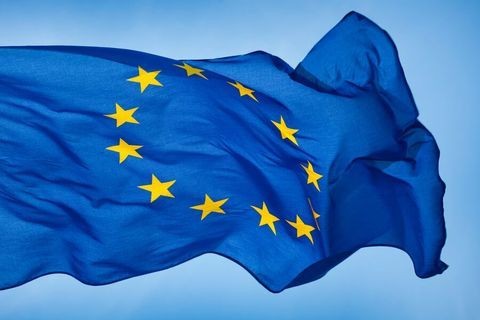U.S.-China High Tech Trade: Time to Break the Ice?
Client Alert | 2 min read | 10.07.09
On September 29, 2009, delegates from the U.S. Department of Commerce and the People's Republic of China's Ministry of Commerce ("MOFCOM") had an all-day dialogue with representatives of U.S. and Chinese companies in the aerospace, civil aviation and IT industries as a prologue to the fourth U.S.-China High Technology Working Group ("HTWG") meeting. Panelists included Mr. Daniel O. Hill, acting Under Secretary for Industry and Security and Mr. Jiang Yaoping, the vice Minister of MOFCOM in charge of high-tech industry. Co-sponsored by the National Association of the Manufacturers ("NAM"), this was the first time the HTWG meeting was opened up to and solicited candid feedback from the private sector in the high technology industries. While conducted "off-the-record," specific issues that the two governments and private sector are likely to consider going forward emerged:
(1) Overly Stringent or Outdated Export Control Policies: There is a strong sense that U.S. companies are being replaced by European or Japanese competitors as the major suppliers for Chinese companies seeking high technology or related goods abroad. This development may reflect that the U.S. export control policies are overly broad and lag behind technological advancement with respect to high technology sectors.
(2) Ample Business Opportunities: Chinese demand for high technology and trade remains high and continues to grow. Of particular note is the civil aviation industry which is expected to expand rapidly in the coming five years arising out of the need to improve domestic transportation within China by increasing the number of airports and flights in China. Representatives of Chinese companies expressed a desire to cooperate with U.S. companies by way of sub-contracting, high technology transfer and establishment of R&D centers, to name a few.
(3) Topics of Special Interest: Simplification of the licensing procedure, a comprehensive review of the items that require a license as well as an overhaul of encryption were among the topics that interested the attendees the most.
(4) U.S. Export Control Reform: President Obama has announced that the new administration will review the current export control regime and is committed to reform that will work in the best interests of both nations. Export control reform has proven an intractable issue in domestic U.S. politics before so the prospects of any quick resolution remain uncertain at best although the need to establish a cooperative and constructive trading relationship with China may provide the added impetus needed.
Please contact us if you would like more detailed information concerning the specific U.S.-China export control issues.
Contacts
Insights
Client Alert | 9 min read | 02.12.26
On 9 January 2026, the European Commission published its Guidelines on the application of Regulation (EU) 2022/2560, also known as the Foreign Subsidies Regulation (FSR).
Client Alert | 3 min read | 02.12.26
Client Alert | 2 min read | 02.12.26
Utilities and Data Centers Confront Congressional Scrutiny Over Rising Electricity Prices




